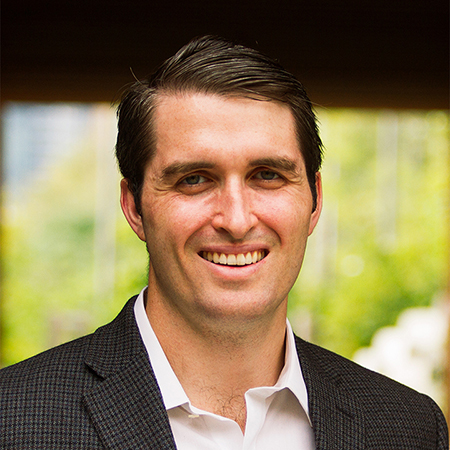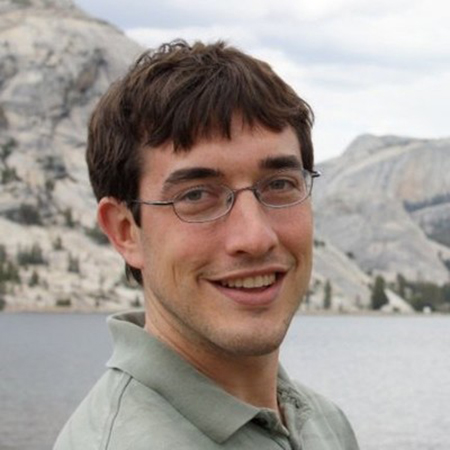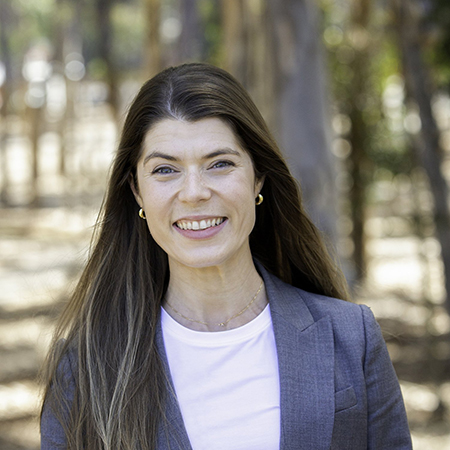Justin de Benedictis-Kessner
The Partisanship of Mayors Has No Detectable Effect on Police Spending, Police Employment, Crime, or Arrests
Science Advances
Researching local policy, public opinion, and how citizens hold elected officials accountable
Led by faculty director Justin de Benedictis-Kessner, Associate Professor of Public Policy at the Harvard Kennedy School, the Local Politics Lab studies some of the most important policy areas for local governments, including housing, transportation, policing, and economic development.
The lab also examines how citizens hold elected officials accountable, how representation translates the public’s interests into policy via elections, and how people’s policy opinions are formed and swayed.
Interested in the lab? Contact us to see how you can get involved.









The study of urban and local politics in the United States has long been hindered by a lack of centralized sources of election data. We introduce a new database of about 78,000 candidates in 57,000 electoral contests that encompasses races for seven distinct local political offices in most medium and large cities and counties in the U.S. over the last three decades. This is the most comprehensive publicly-available source of information on local elections across the country. We provide partisan and demographic information about candidates in these races as well as electoral outcomes. This new database will facilitate a myriad of new research on representation and elections in local governments.
While surveys of voter behavior are common for federal and state elections, no recurring and broad cross-city data exist to evaluate voter choices in local elections—where most elected officials serve and where government decisions most directly affect residents’ lives. The Local Politics Lab will launch regular city resident surveys following local elections to collect and publish multi-city data on residents’ preferences for urban policy, their experiences and satisfaction with public services, and their decision criteria as voters in local elections. These data will be paired with city employee surveys (launched by The People Lab) to link residents’ satisfaction with employee opinions and satisfaction.
The resulting data and policy briefs will enable cities to make data-informed decisions, provide benchmarks for comparing resident satisfaction and policy preferences across cities, and spur new research on representation and governance in urban politics.
A collaboration between the Election Law Clinic at Harvard Law School, Professor Nicholas O. Stephanopoulos at Harvard Law School, and Professor Christopher S. Warshaw at Georgetown University, TrueViews enables elected officials, candidates, journalists, and others to acquire policy-specific information about public opinion at the subnational level—instantly.
Many elected officials lack information about their constituents’ policy preferences. TrueViews aims to change that by presenting freely downloadable public opinion data on dozens of issue areas, both contemporaneously and historically, within multiple geographic levels, including congressional districts, state legislative districts, counties, and municipalities.
Women in local elective offices in the U.S. are targeted with threats and harassment 3.4 times more than men, according to data from the Bridging Divides Initiative at Princeton University. To document and understand this violence, Justin de Benedictis-Kessner and Yanilda González, Assistant Professor of Public Policy at the Harvard Kennedy School, along with a larger group of scholars supported by the Bloomberg Harvard City Leadership Initiative, are pursuing original research to shed new light on the nature and extent of the problem, the conditions and factors fueling it, the impact of the problem on aspirants to public office, and, ultimately, the interventions that can mitigate or reduce this violence.
Justin de Benedictis-Kessner
Science Advances



